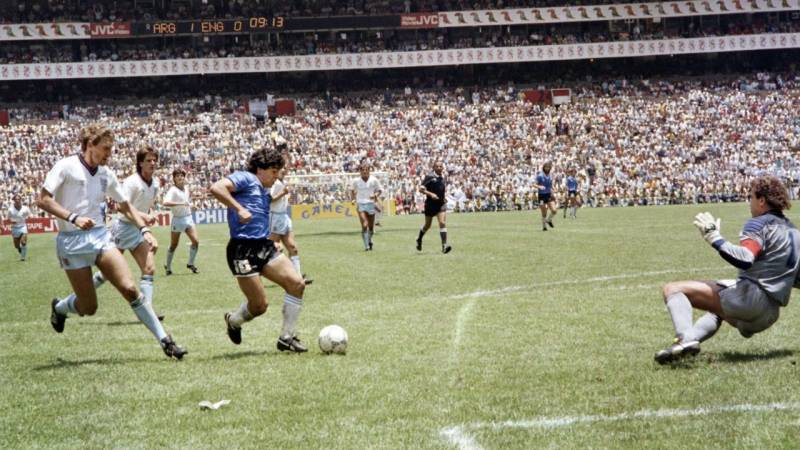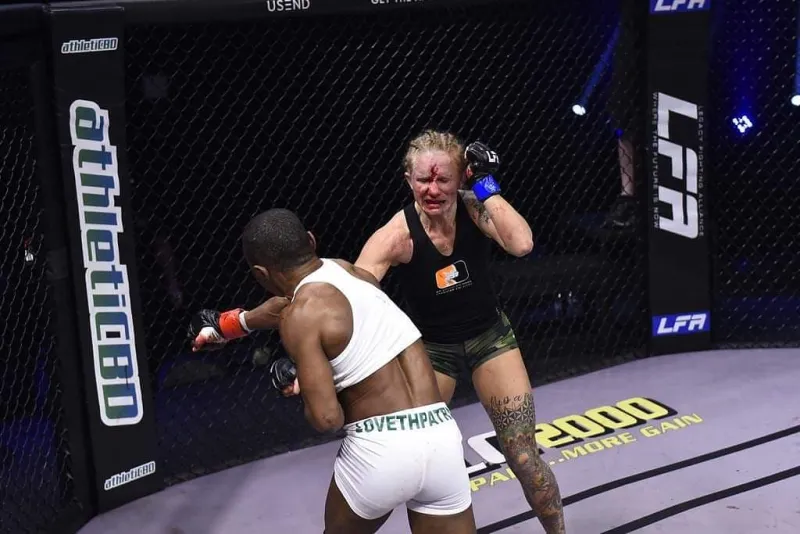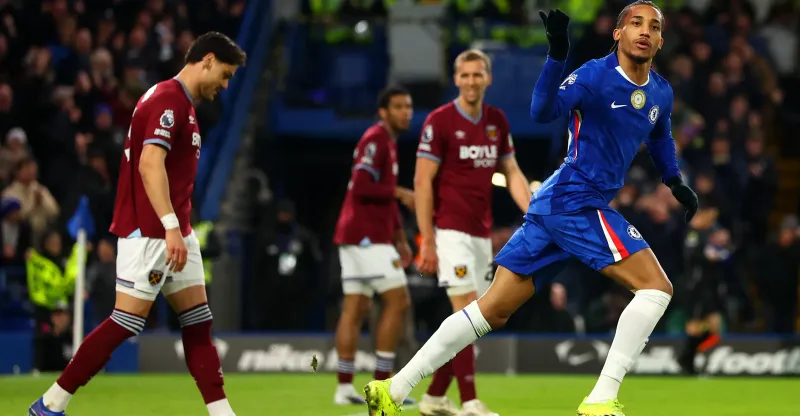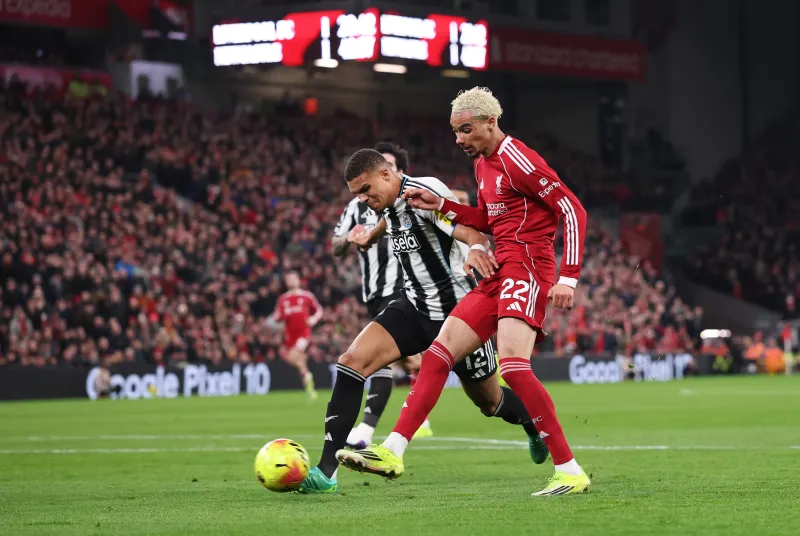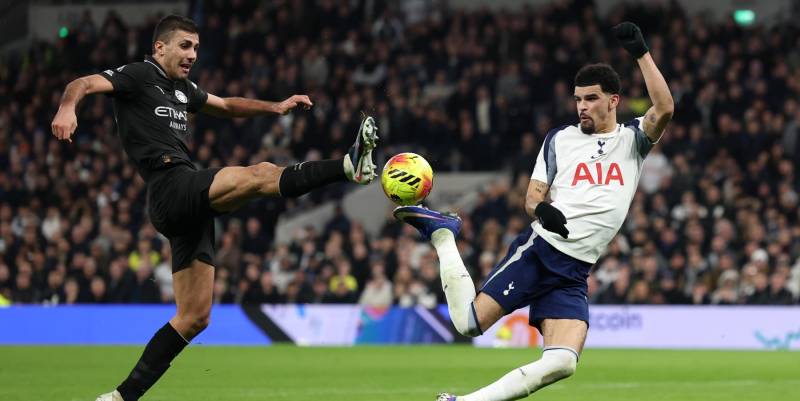The two goals are perhaps as famous as each other – the first fabled for its audacity and guile, the second for its brilliant, breathtaking skill. Just four minutes separate Diego Maradona’s two memorable contributions at Mexico City’s Estadio Azteca 36 years ago, and together they typify Argentina’s flawed genius and beloved footballing icon. “The Hand of God” – when Maradona rose above England goalkeeper Peter Shilton and punched the ball into the net – needs little introduction to football fans of any era, while his slaloming run through the heart of England’s defense moments later was voted the Goal of the Century.
It comes as little surprise, then, that the match ball from that day in Mexico City – now deflated and faded in places – was tipped to fetch up to $3.3 million at auction on Wednesday. “Without a doubt, it’s the world’s most famous football,” Terry Butcher, who captained England during the 2-1 defeat against Argentina at the 1986 World Cup, tells CNN Sport.
Even being in the presence of the ball, as he was at Wembley Stadium in London ahead of the auction, brings back uneasy memories for Butcher.
It’s a reminder of how he remonstrated with Tunisian referee Ali Bin Nasser after Maradona’s first goal, and of how he tried in vain to stop the second with an outstretched leg.
“It’s really weird to be in the same room as the ball, it’s difficult to explain,” Butcher adds. “It’s quite surreal in many respects … That ball – it’s the biggest injustice the world’s ever seen when it comes to football matches.”
‘Hand of God’ controversy
In the aftermath of his death two years ago, memorabilia from Maradona’s life and career have fetched huge sums at auction.
In May, the jersey he wore against England sold for $9.3 million, at the time making it the most expensive piece of sports memorabilia in history.
As for the match ball, it is currently owned by Nasser after FIFA, football’s global governing body, declared that referees would get to keep the ball after each game they officiated at the 1986 World Cup.
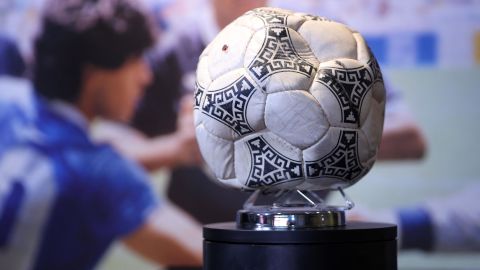
The match ball from the 1986 World Cup quarterfinal is expected to sell for up to $3.3 million. Nasser is 78 now and his refereeing days are long behind him. With the proceeds from the sale, which is being overseen by Graham Budd Auctions in the UK, he will donate some of the money to charity and says the remainder will “raise my standard of life a little.” “It is a gift from God,” Nasser tells CNN Sport, “because I had a career of 25 years … and I made all the decisions that needed to be made.” Asked about Maradona’s first goal and Nasser is eager to defend his reasons for letting it stand. FIFA’s instructions for the tournament, he says, were to rely on other match officials if they had a better view of an incident. Unable to see what had happened in the aerial contest between Maradona and Shilton, Nasser instead turned to his linesman, Bulgarian Bogdan Dochev. “[Dochev] arrived at the center line, which means the goal is 100% valid,” says Nasser, adding that he “applied the FIFA guidelines regarding the first goal.”

For his part, Dochev, who passed away five years ago, said he thought he saw “something irregular” about the goal, but claimed FIFA protocols didn’t allow assistants to discuss decisions with the referee. The fallout from the incident would tarnish his refereeing career.
“Diego Maradona ruined my life,” Dochev later told Bulgarian media in the years before his death. “He is a brilliant footballer but a small man. He is low in height and as a person too.”
‘A genius footballer’
While multiple balls would be used over the course of a match in today’s game, back then only one was used for the full 90 minutes.
According to Graham Budd, the auction house chairman at Graham Budd Auctions, Nasser’s ball has been cross-checked against match footage and high-res photographs, while an independent body has also verified it as the original.
With the World Cup beginning in Qatar on Sunday, this week was an optimum time for the ball to go up for auction.
There were hopes it would become the most expensive sports ball ever sold at auction by eclipsing the $3 million paid for Mark McGwire’s 70th home run baseball in 1999.
However, after receiving interest from several potential buyers, Graham Budd Auctions said negotiations between the seller and interested parties are ongoing after the bidding failed to reach the pre-sale reserve.
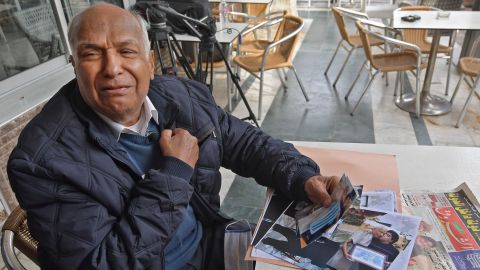
The ball’s sizable price tag is not only derived from the nature of Maradona’s two interventions. The match was the first time England and Argentina had met on a sporting arena since the Falklands or Malvinas War four years earlier, and many of the players had – at least on Argentina’s side – friends or relatives who had been conscripted to fight in the war. That backdrop created a sense of drama well before the “Hand of God” took center stage. “We had an energy, a great desire to win, not just because it was England, but also so that our country could in one way be happy,” Jorge Luis Burruchaga, who would go on to score the winning goal in the final for Argentina against West Germany, told CNN Sport four years ago.
“We were aware that we wouldn’t bring back the dead of the Falklands War, but we were aware that we would bring some happiness.” Former England international Peter Reid also acknowledges the political context of the game, which he says contributes to the “unique” status of the match ball. “There’s a lot of Argentinians there, there was a lot of pressure on both sets of players, and that’s when he [Maradona] handled the pressure really well,” says Reid. “Whatever you say, he was a genius footballer.”
And as for the first goal? “Listen, he’s cheated,” adds Reid, “but he’s been very clever as well.” Despite his decades-long career in football as a player and manager, Reid says he still gets mocked for being outpaced by Maradona for the second goal – even by the man himself when the pair met in Jordan many years later. And while it was Nasser who kept the “Hand of God” match ball from that game and his old teammate Steve Hodge who kept Maradona’s shirt, Reid did end up with a gift from his wily opponent – albeit decades after they had faced each other in Mexico City. “He came with a signed shirt for me: ‘To my friend. Lots of love, Diego Maradona,’” says Reid. “I’ve got that on my wall, so that’s not a bad one. I’ll hold onto it.”
